You’ll need a 64-bit CPU to test Microsoft’s latest OS.
To install Windows 11, you will need a 64-bit CPU, 4GB of RAM, and an internet connection.
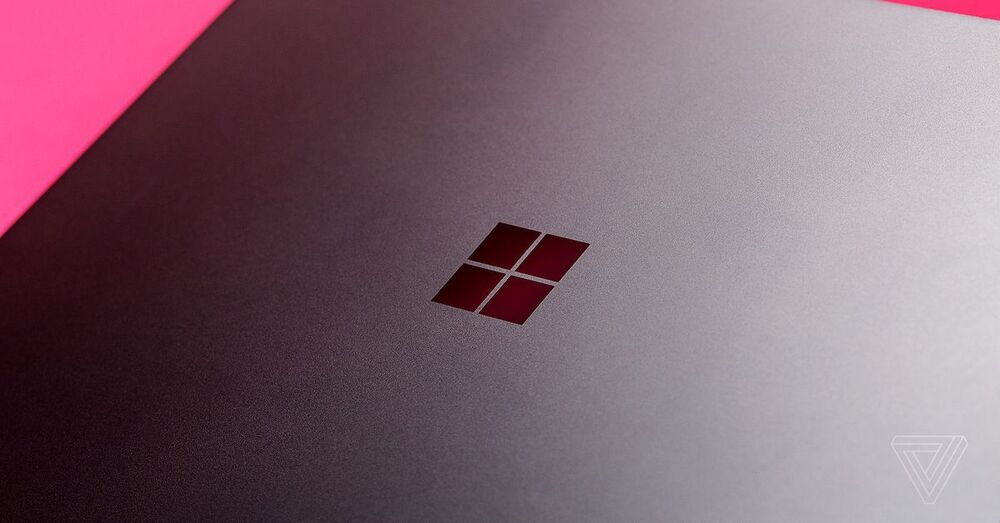
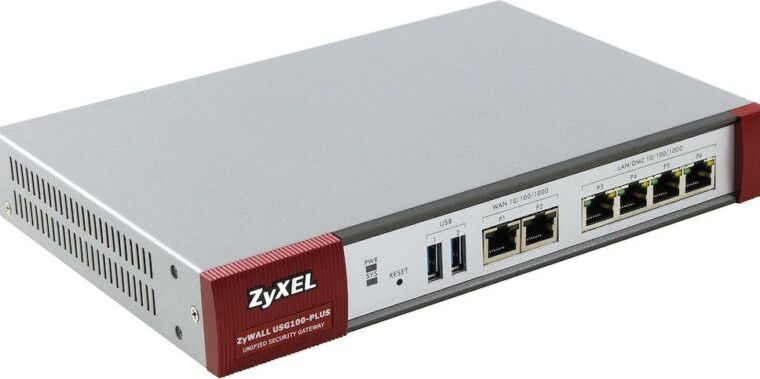
In an email, the company said that targeted devices included security appliances that have remote management or SSL VPN enabled, namely in the USG/ZyWALL, USG FLEX, ATP, and VPN series running on-premise ZLD firmware. The language in the email is terse, but it appears to say that the attacks target devices that are exposed to the Internet. When the attackers succeed in accessing the device, the email further appears to say, they are then able to connect to previously unknown accounts hardwired into the devices.
Batten down the hatches
“We’re aware of the situation and have been working our best to investigate and resolve it,” the email, which was posted to Twitter, said. “The threat actor attempts to access a device through WAN; if successful, they then bypass authentication and establish SSL VPN tunnels with unknown user accounts, such as ‘zyxel_silvpn,’ ‘zyxel_ts,’ or ‘zyxel_vpn_test,’ to manipulate the device’s configuration.”
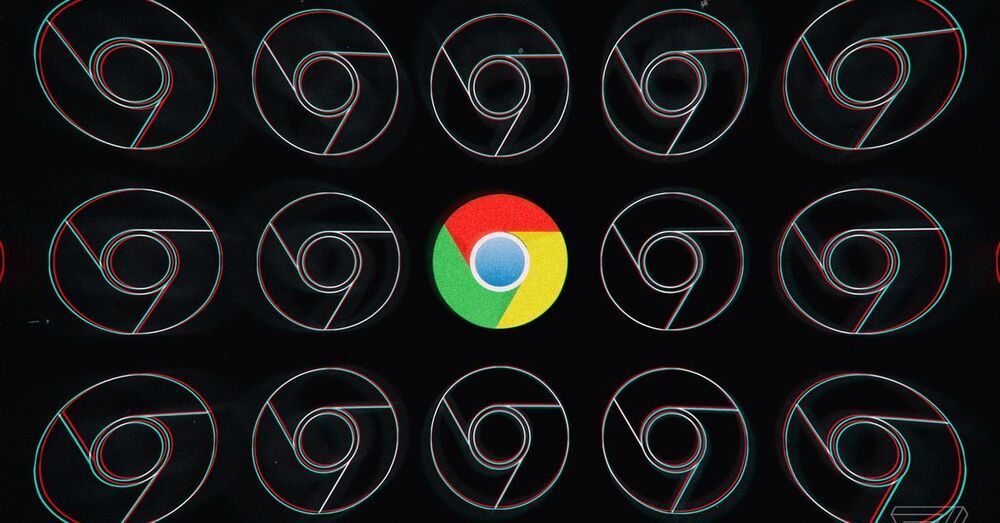
Third-party cookie trackers live to fight for another year.
Google is announcing today that it is delaying its plans to phase out third-party cookies in the Chrome browser until 2023, a year or so later than originally planned. Other browsers like Safari and Firefox have already implemented some blocking against third-party tracking cookies, but Chrome is the most-used desktop browser, and so its shift will be more consequential for the ad industry. That’s why the term “cookiepocalypse” has taken hold.
In the blog post announcing the delay, Google says that decision to phase out cookies over a “three month period” in mid-2023 is “subject to our engagement with the United Kingdom’s Competition and Markets Authority (CMA).” In other words, it is pinning part of the delay on its need to work more closely with regulators to come up with new technologies to replace third-party cookies for use in advertising.
Few will shed tears for Google, but it has found itself in a very difficult place as the sole company that dominates multiple industries: search, ads, and browsers. The more Google cuts off third-party tracking, the more it harms other advertising companies and potentially increases its own dominance in the ad space. The less Google cuts off tracking, the more likely it is to come under fire for not protecting user privacy. And no matter what it does, it will come under heavy fire from regulators, privacy advocates, advertisers, publishers, and anybody else with any kind of stake in the web.


Fast transport of equipment and personnel using rockets similar to that of SpaceX.
Travelling through space will be far faster than atmospheric flight.
Using Starlink satellites to improve tracking and GPS.
Recently, the U.S Pentagon has been awarding most of its contracts to Elon Musk and his aerospace company, SpaceX! Stay tuned to find out more and subscribe to Futurity.
#spacex #elonMusk #starship.
Here at Futurity, we scour the globe for all the latest tech releases, news and info just so you don’t have to! Covering everything from cryptocurrency to robotics, small startups to multinational corporations like Tesla and Jeff Bezos to Elon Musk and everything in between!

SYDNEY, June 22 (Reuters) — Starlink, the satellite internet unit of Elon Musk’s SpaceX, expects to be able to provide continuous global coverage by around September but will then need to seek regulatory approvals, its president Gwynne Shotwel said on Tuesday.
“We’ve successfully deployed 1800 or so satellites and once all those satellites reach their operational orbit, we will have continuous global coverage, so that should be like September timeframe,” she told a Macquarie Group (MQG.AX) technology conference via webcast.
“But then we have regulatory work to go into every country and get approved to provide telecoms services.”
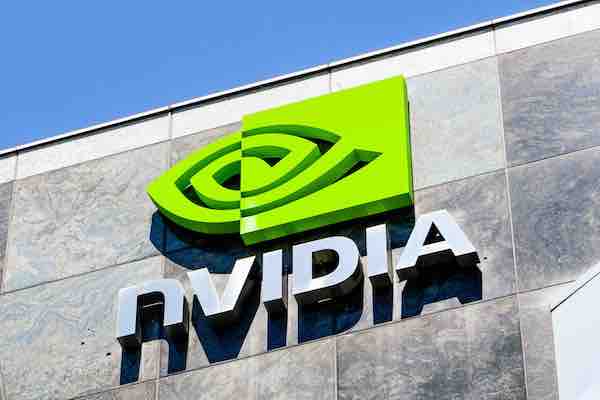
Chipmaker patches nine high-severity bugs in its Jetson SoC framework tied to the way it handles low-level cryptographic algorithms.
Flaws impacting millions of internet of things (IoT) devices running NVIDIA’s Jetson chips open the door for a variety of hacks, including denial-of-service (DoS) attacks or the siphoning of data.
NVIDIA released patches addressing nine high-severity vulnerabilities including eight additional bugs of less severity. The patches fix a wide swath of NVIDIA’s chipsets typically used for embedded computing systems, machine-learning applications and autonomous devices such as robots and drones.  Impacted products include Jetson chipset series; AGX Xavier, Xavier NX/TX1, Jetson TX2 (including Jetson TX2 NX), and Jetson Nano devices (including Jetson Nano 2GB) found in the NVIDIA JetPack software developers kit. The patches were delivered as part of NVIDIA’s June security bulletin, released Friday.
Impacted products include Jetson chipset series; AGX Xavier, Xavier NX/TX1, Jetson TX2 (including Jetson TX2 NX), and Jetson Nano devices (including Jetson Nano 2GB) found in the NVIDIA JetPack software developers kit. The patches were delivered as part of NVIDIA’s June security bulletin, released Friday.

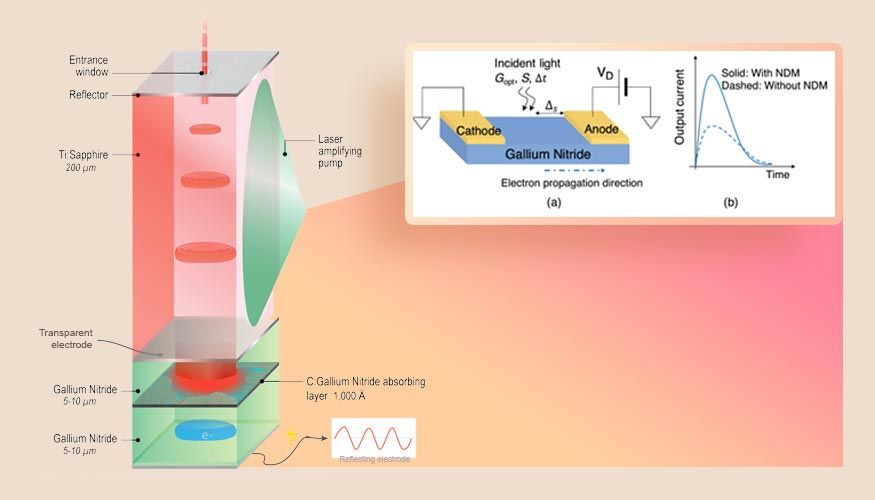
Lawrence Livermore National Laboratory engineers have designed a new kind of laser-driven semiconductor switch that can theoretically achieve higher speeds at higher voltages than existing photoconductive devices. If the device could be realized, it could be miniaturized and incorporated into satellites to enable communication systems beyond 5G, potentially transferring more data at a faster rate and over longer distances, according to researchers. Credit: LLNL
Lawrence Livermore National Laboratory (LLNL) engineers have designed a new kind of laser-driven semiconductor switch that can theoretically achieve higher speeds at higher voltages than existing photoconductive devices. The development of such a device could enable next-generation satellite communication systems capable of transferring more data at a faster rate, and over longer distances, according to the research team.
Scientists at LLNL and the University of Illinois Urbana-Champaign (UIUC) reported on the design and simulation of the novel photoconductive device in a paper published in the IEEE Journal of the Electron Devices Society. The device utilizes a high-powered laser to generate an electron charge cloud in the base material gallium nitride while under extreme electric fields.
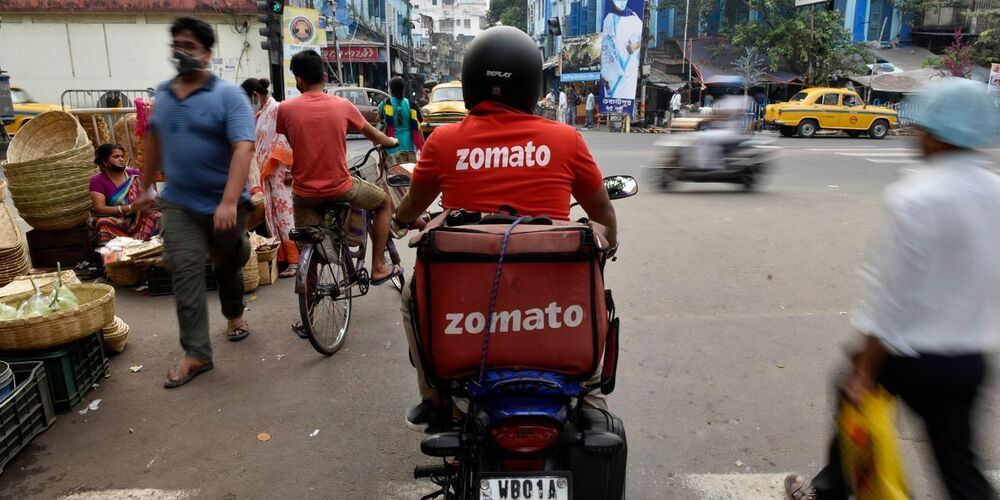
That could reshape the Indian market, which has very few internet companies. While big tech firms are among the largest listed companies in China and the U.S., energy, financials and IT outsourcers currently dominate the Indian market. Reliance Industries —India’s biggest listed company, controlled by the country’s richest man—is pivoting away from oil and gas and last year secured investments from Facebook and Google for its tech unit, Jio Platforms.
Companies such as Zomato, Flipkart and fintech giant Paytm are considering initial public offerings in what could be a transformative moment for India’s stock market.